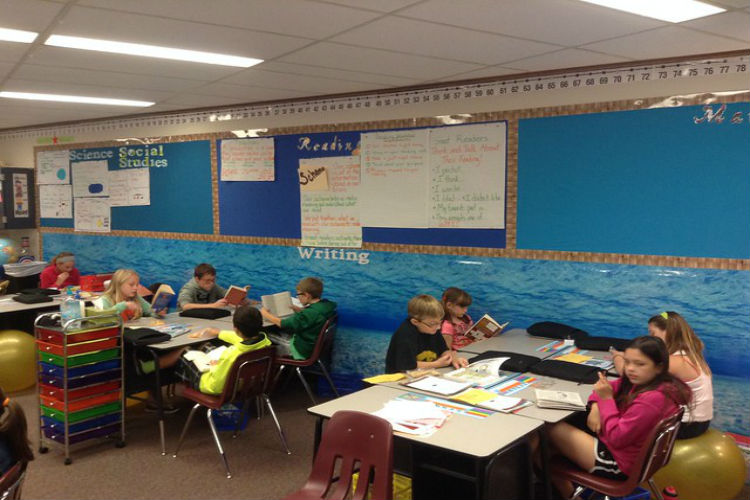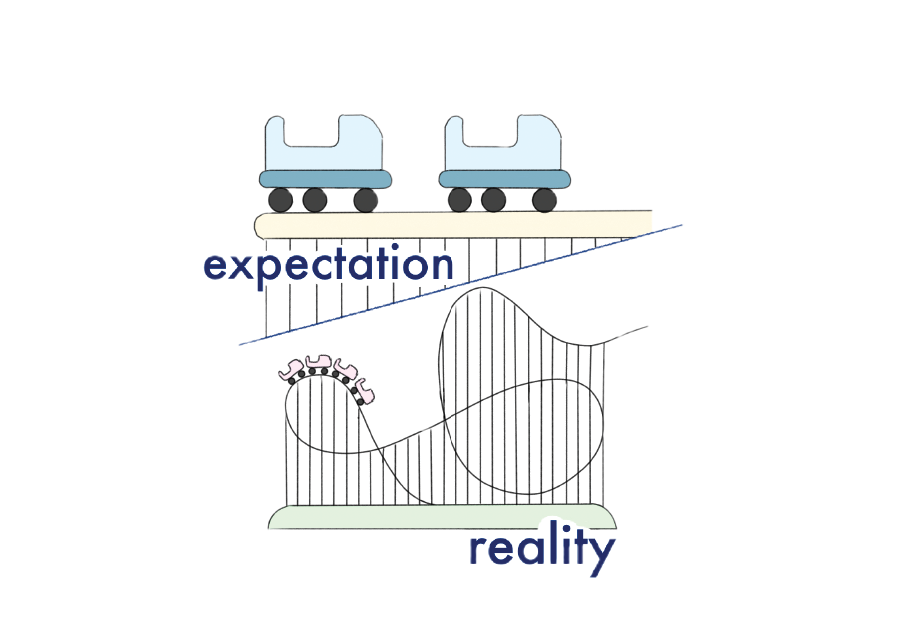With 50.7 million K-12 public school students as of 2018 in America and 5.3 million of these students in Texas, the issues regarding public school are complex and always changing.
These issues have a wide range, from inequality between school zones to starting times of schools’ days, but testing has a long history of controversy in the United States. In 1840 to 1875, achievement tests were introduced to American schools. Although they were not designed to compare and contrast schools to each other, they were quickly used for that purpose.
Currently, the Texas House is deciding the details of a new $9 billion school funding plan.
“You are creating an opportunity for children in the state of Texas to get the appropriate funding that we promised them back in 2006 but we have not delivered on,” Representative Dan Huberty, the bill author, said.
The bill was partially inspired by the Dallas Independent School District’s method of merit-based pay for teachers, but this very aspect of the bill is causing debate. Texas teachers in public schools overall make less than the national average, and many teacher advocacy groups are against a bill that would potentially decrease the pay of some teachers.
Other details of the bill include many benefits, such as funding much-needed daycare for low-income students, but I personally do not see a benefit to merit-based pay. Students’ performances on standardized testing are no real indicator of the effort, time, or skill a teacher brings to a classroom. However, one part of the DISD’s system does stand out as an attempt of equality in education. If the bill incorporated that detail, I think it could potentially help alleviate a lot of the vast difference between schools in Texas.
“This is the first time in over 30 years that this legislative body has taken the opportunity to deal with it without a lawsuit,” Huberty said.
As Texas remains one of the lowest ranked states in public education quality (43rd in 2016) and the American public school system ranked 36th in the world in education, according to the Programme for International Student Assessment (PISA), new bills continue to spark discussions about deficits in the school system and how exactly to combat these issues.
Story by Niamh McKinney.
Photo courtesy of Flickr user Stacey Vitali.







